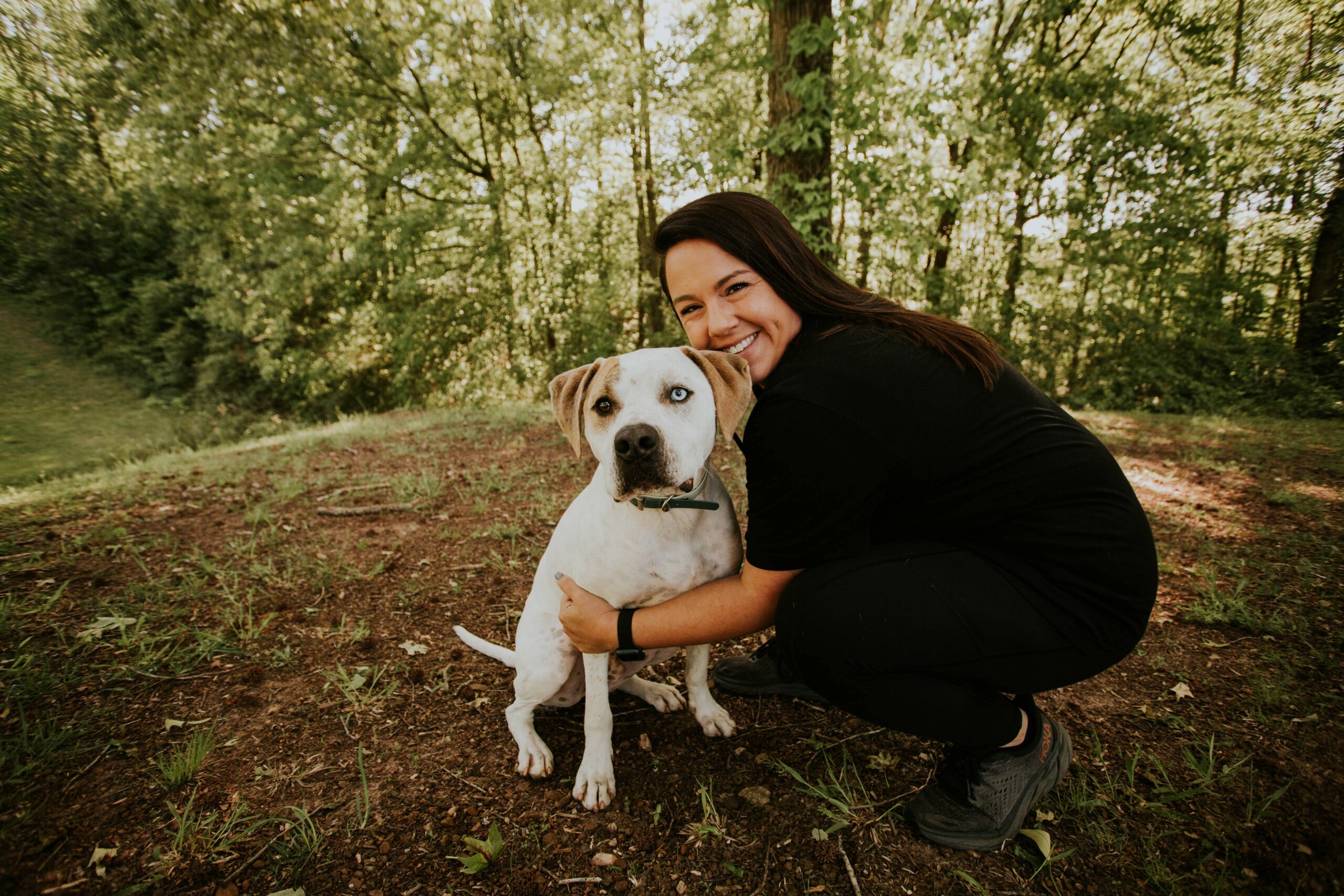We’re excited to introduce you to the always interesting and insightful Millie Braden. We hope you’ll enjoy our conversation with Millie below.
Millie, thank you so much for making time for us today. We can’t wait to dive into your story and the lessons you’ve learned along the way, but maybe we can start with something foundational to your success. How have you gone about developing your ability to communicate effectively?
Because I train difficult dogs for a living, you may think that the part of my job that requires me to communicate with a completely different species is harder than the part of my job that requires me to communicate with other humans.
But you’d be very wrong.
Dogs are simple. There’s no ulterior motives. There’s no lying. There’s no withholding information. There’s no embarrassment or shame. There’s no subtext. They are the absolute masters of effective communication. They’re direct. They’re in the moment. They don’t hold grudges. They never worry about hurting anyone’s feelings with how direct they are and somehow…they never do.
My ability to communicate effectively came from one major lesson the dogs taught me: communication means nothing without the ability to understand. Dogs will shift the way they communicate based on who they’re communicating with. They’ll be firm when needed and gentle when more intensity won’t serve them in making their point. They make room for a response and shift what they say next based on if they feel they’ve reached an understanding or not.
They open conversations up by gaining an understanding of what level of communication is needed to be effective and don’t leave conversations until they’ve been understood.
They know that to be understood by someone, you have to be willing to understand them.
Humans aren’t as simple as dogs. We carry a lot of baggage with us. We have shame and guilt and pride and so many other emotions that change the way that we communicate and what information we’re even willing to share. But by taking a lesson from the dogs and really making sure I understand where each person is coming from, I’m able to shift the way I communicate so they can understand why they may need to change something they never intended on changing or maybe even something they were previously very against changing.
Because I take the time to understand the person across from me, I’m able to communicate the sacrifices they’ll have to make and the hard work they’ll have to do in a way that reminds them it’s to benefit them, their dog, and their goals. Most of the time, the advice that I give each client is similar, but how I communicate it is different each and every time. Some clients respond better to a more direct approach while others need more subtle communication. But every single client comes to me because they need support. It’s my job to learn what type of support they’ll benefit from most in order to reach their goals.
Healthy communication requires understanding on both sides.
Great, so let’s take a few minutes and cover your story. What should folks know about you and what you do?
I’m the owner and lead trainer of Mirror Image K9.
MIK9 is a dog training company that specializes in relationship and psychology based training. We focus on WHY a behavior is happening and get to the root of the problem instead of just treating the symptoms. Our goal is to teach your dog how to look to you for support when they need it while teaching you all the ways to best support them! We focus on replacing unhealthy coping mechanisms for dealing with stress with healthy coping mechanisms.
Although we do teach obedience, our training differs from what the average person might think of when they think of “dog training.” We dive deep into every single client’s relationship with their dog and suggest ways to shift daily routines you already have with your dog to become healthier for both of you. We truly believe that our dogs are learning from us in every single moment we spend with them so learning how to live with them in a healthier way is what makes the biggest differences.
We work with all ages, breeds, and behaviors! Whether it’s learning how to create a healthy foundation with your new puppy or working through deeply rooted reactivity, we can help.
On top of training sessions, we run a structured Day Camp where dogs can learn healthy socialization, produce a podcast called “Think Like a Dog” where people can get free dog training information, run our membership program (MIK9 Extended) where anyone can join and learn from us from anywhere in the world and have all of our training resources and guides at their fingertips (as well as access to weekly group zoom calls with our trainers!), and run a rescue program with the Ozzie Albies Foundation where we train foster dogs in order to set them up for success in their future home.
Looking back, what do you think were the three qualities, skills, or areas of knowledge that were most impactful in your journey? What advice do you have for folks who are early in their journey in terms of how they can best develop or improve on these?
First would be the ability to empathize. Understanding that everyone who comes to me for help needs support, not judgment. The further I get into my career, the easier it is for me to forget how what may seem obvious to me, isn’t obvious to the average dog owner. Being able to take myself out of my dog trainer brain and put myself in their shoes helps me understand and stay patient when a client struggles with a certain piece of advice. It may seem simple to me, but most of the time, when I see it from their perspective, I’m able to see how big of an ask it really is to them and offer more support and guidance to reach our goals.
Second would be my love of learning. Because I truly love what I get to do for a living, I never stop learning. And because I never stop learning, I continue to grow and get better at my job all the time. I know that as long as I continue to make sure my ego isn’t running the show, I’ll always be ready to learn how I can improve.
Lastly, and maybe most importantly, would be learning how to let go. Some of the hardest lessons I’ve had to learn were how to not take it personally when a client didn’t come back in for a follow up session or a client didn’t follow through on the advice I had given and the dog wasn’t making the progress I’d hoped they’d make. Learning how to not be more committed than the client was a lesson that saved me from burning out many times. Reminding myself that my job is to educate helped me learn when I needed to let go of the outcome and focus on what was in my control.
My advice to people who are early in their journey is:
Always remember, not everybody is you. Not everyone knows what you know and other people may place higher value on certain things than you would. Instead of letting that make you bitter, let that make you better.
Stay curious. Stay open minded. Continue to push yourself to work outside your comfort zone. Learn it all. It keeps it interesting!
You can’t be everyone’s cup of tea. You can’t force people to take your advice. You can’t follow through for them. Learn where your role begins and where it ends.
Tell us what your ideal client would be like?
An ideal client is someone willing to put in the work and make sacrifices, stay open minded, and work outside their comfort zone.
In the dog training world, there’s this idea that a good dog trainer can magically fix all of the dog’s issues. What we believe makes us good trainers is our ability to teach you how to work with your dog and support them when they need it most in the ways they need it most. An ideal client understands that whether or not they meet their goals is entirely up to them.
Since the type of training that we do requires us to take a long hard look at your relationship with your dog in order to look for reasons why a behavior might be happening, it’s so important that clients come in willing to let their walls down. It’s human nature to become defensive when we realize that we might be part of the problem that we’re there to solve, but staying open minded and really being willing to shift perspectives helps our trainers find the issue and create a path toward progress faster and more easily.
Because we work with dogs that struggle with severe behavioral problems, we often push clients outside their comfort zone. Whether it’s walking your reactive dog right next to other dogs or changing rules and boundaries at home that you’d rather not change, clients who are willing to let us push them to do new things tend to be the ones that see the biggest results.
Contact Info:
- Website: www.mirrorimagek9.com
- Instagram: @mirrorimagek9
- Facebook: https://www.facebook.com/mirrorimagek9/
- Youtube: https://www.youtube.com/@thinklikeadogpodcast
- Other: TikTok: @thinklikeadogpodcast
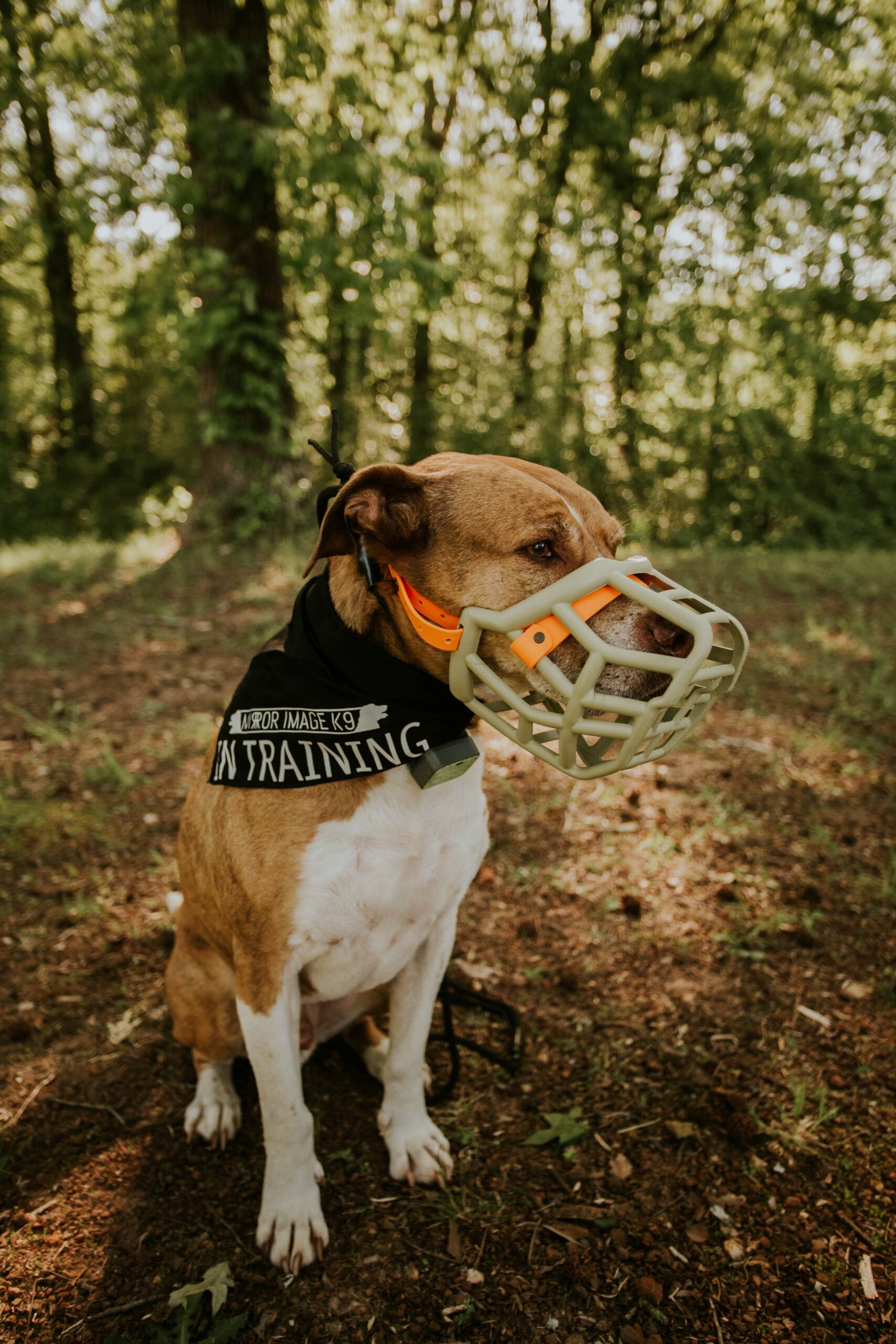
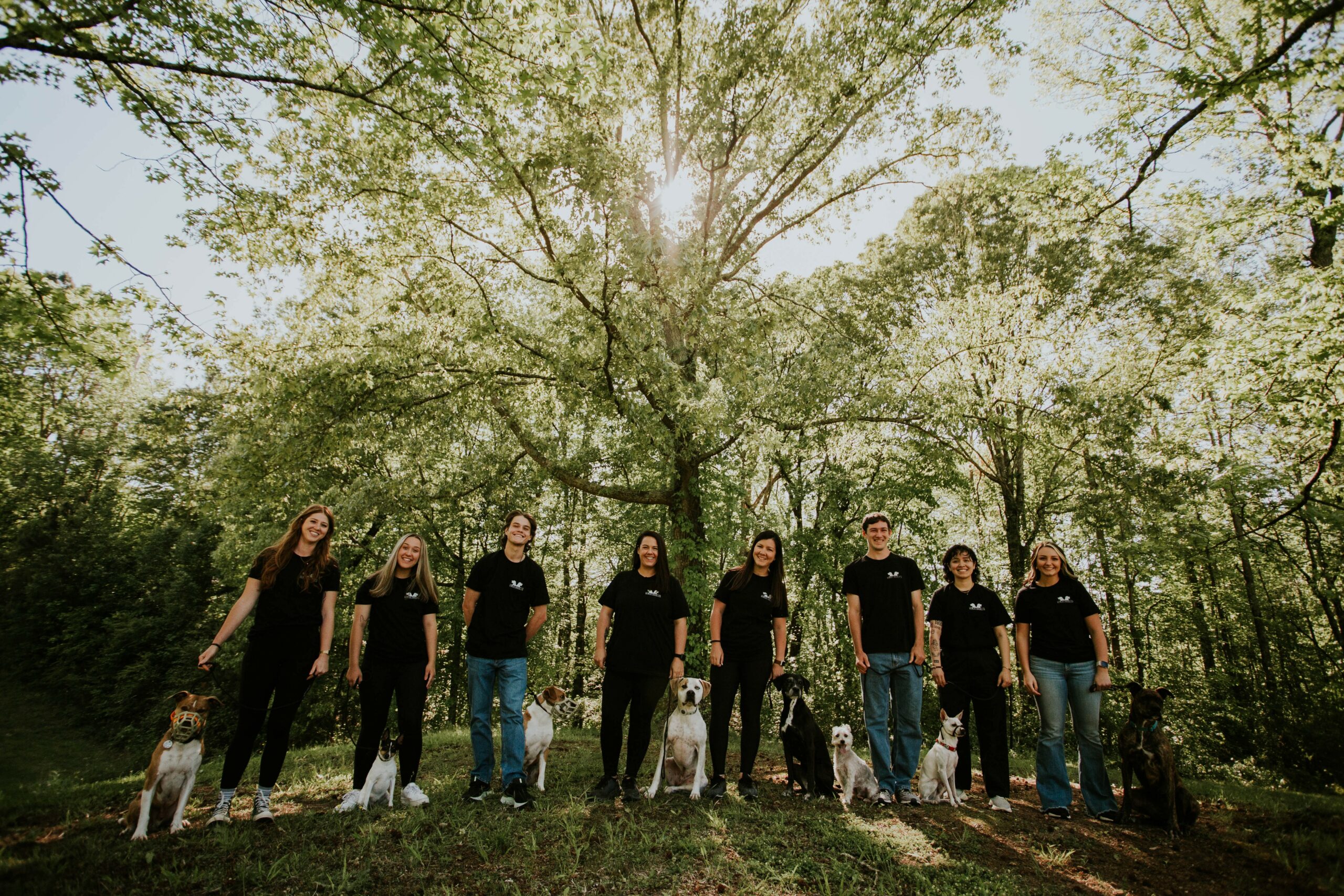
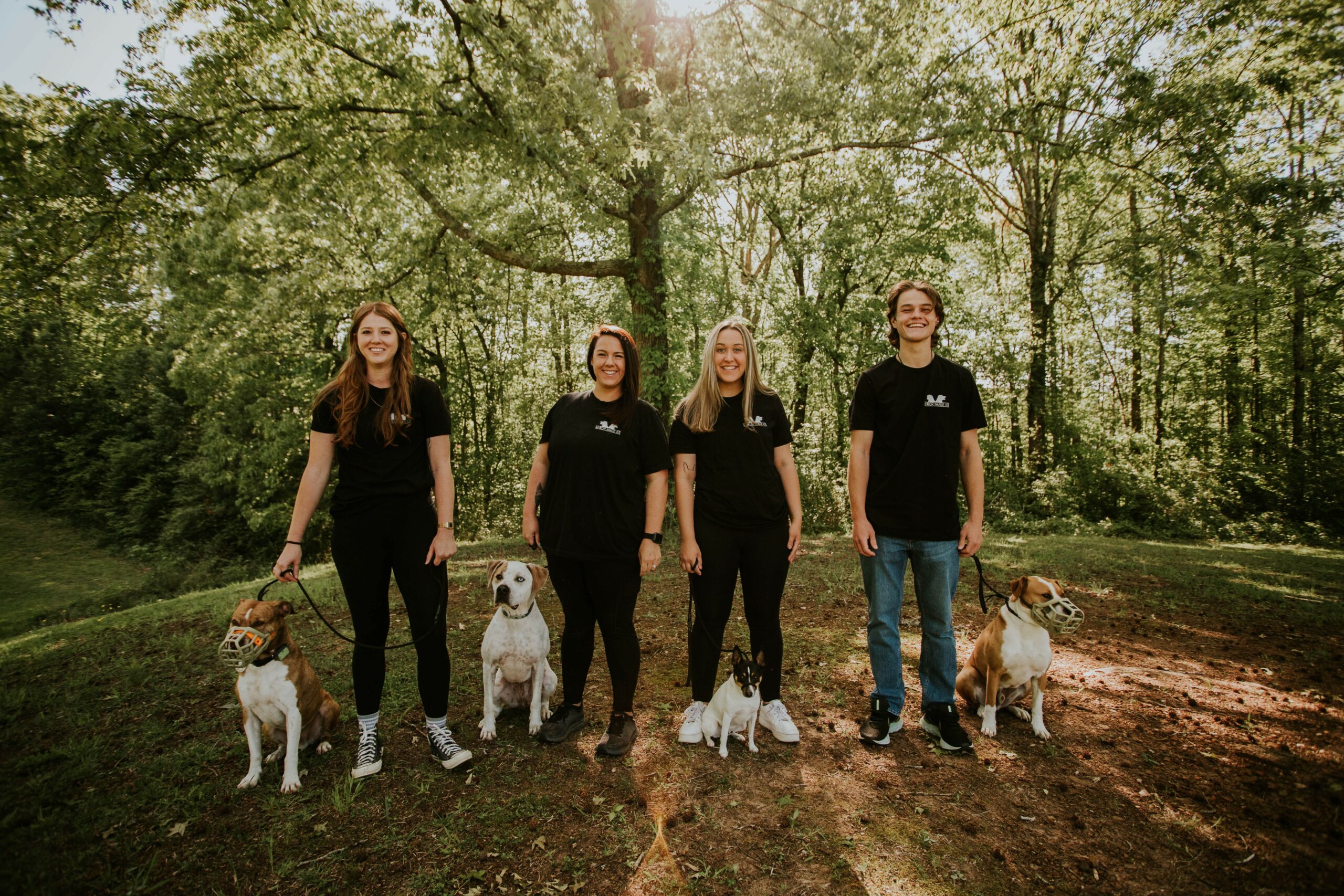
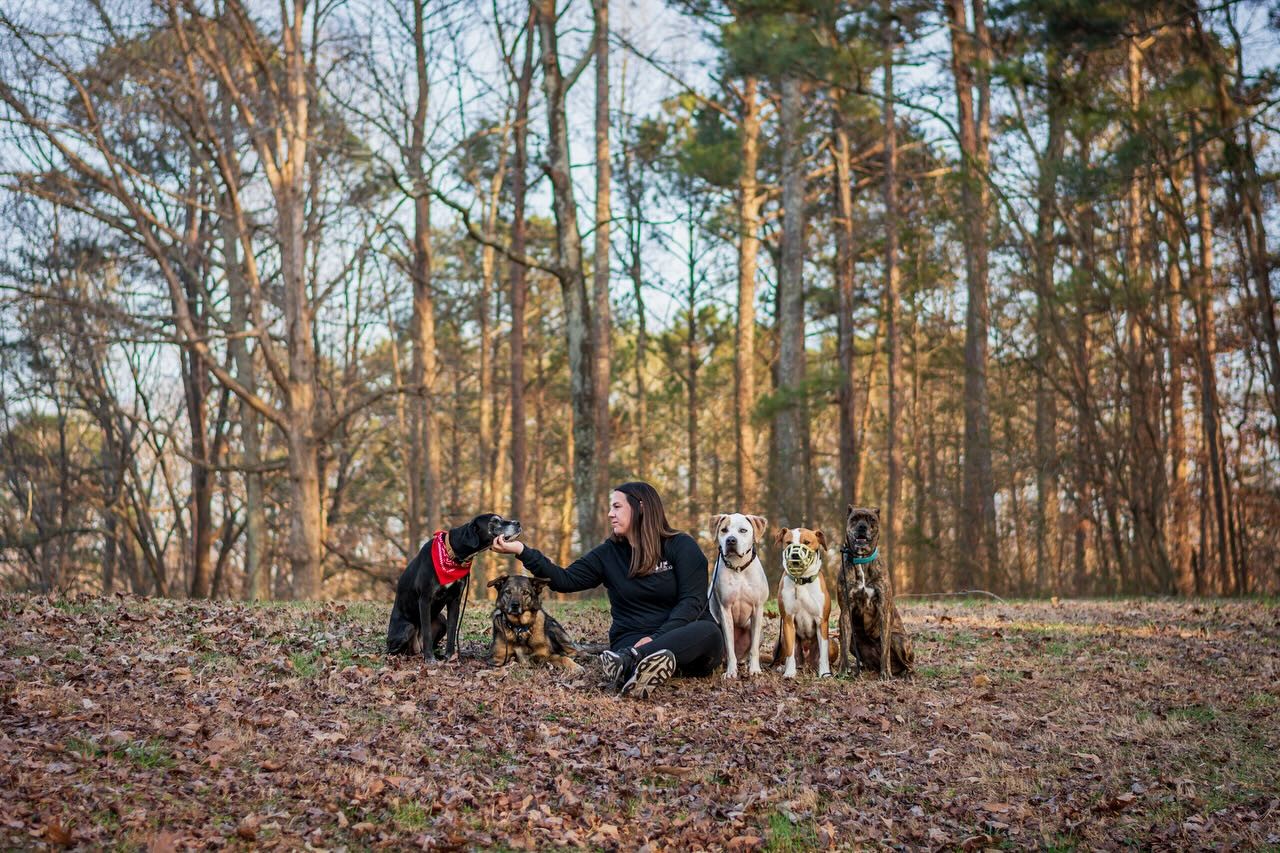
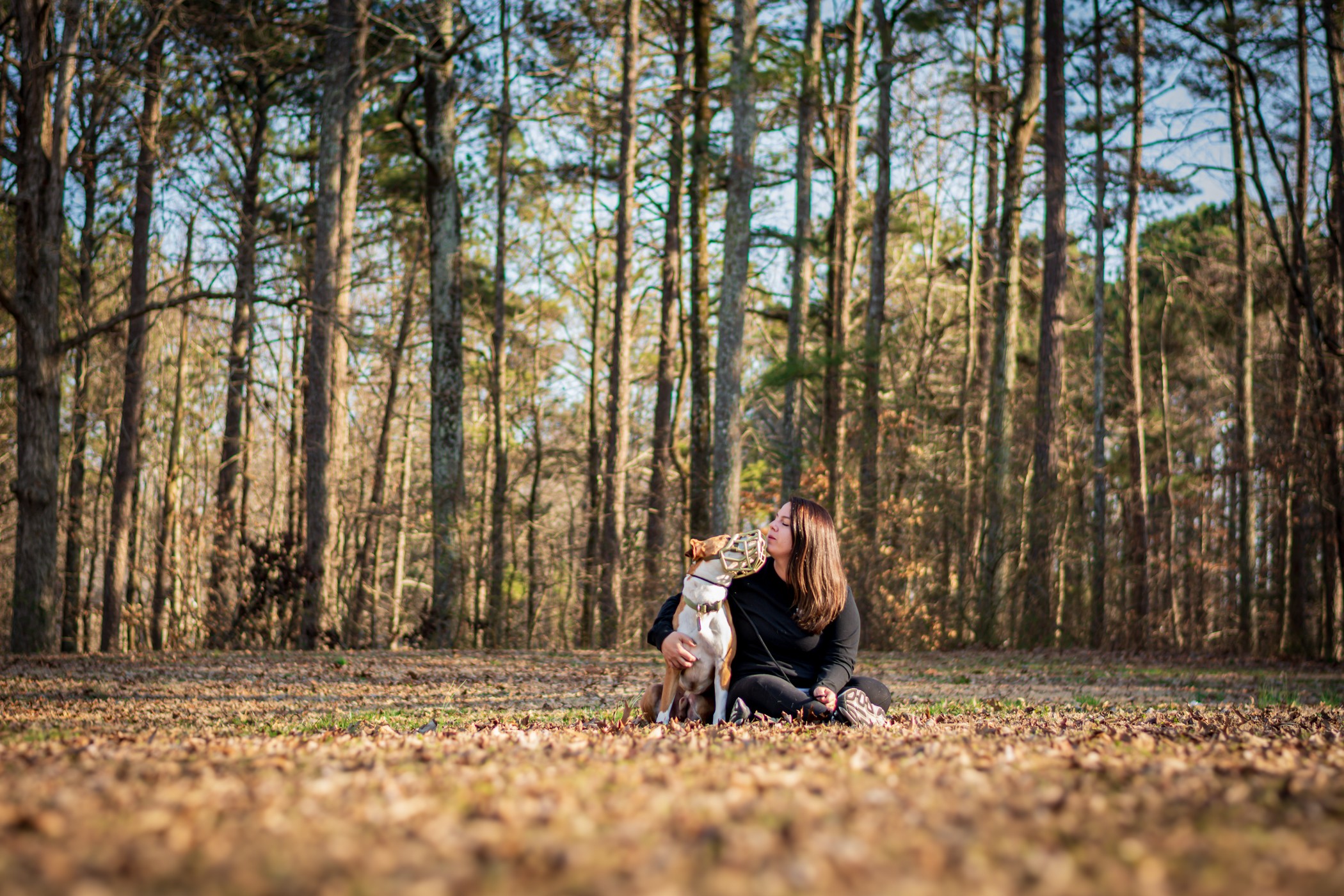
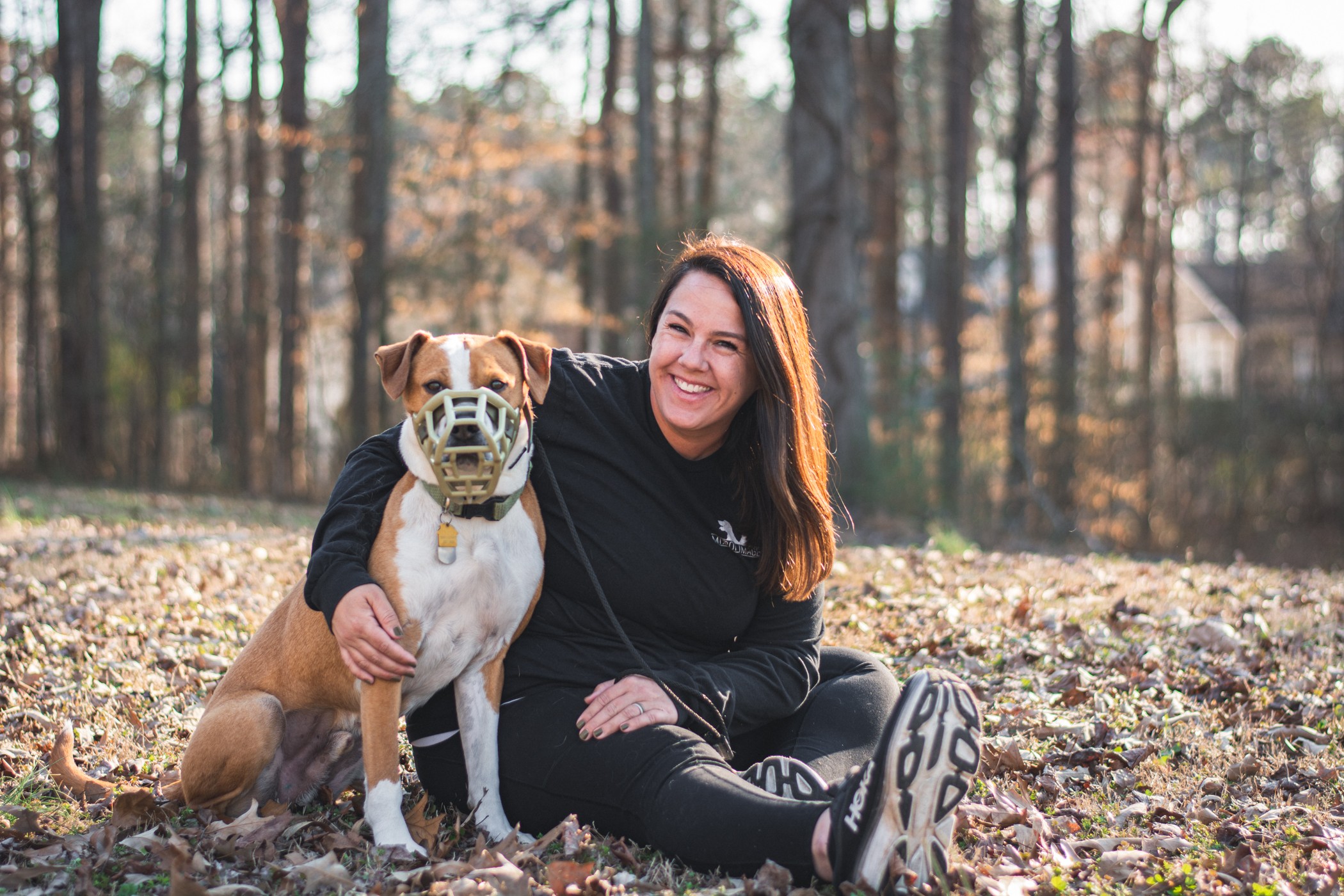
Image Credits
Elena Maas, MAAS Creative

